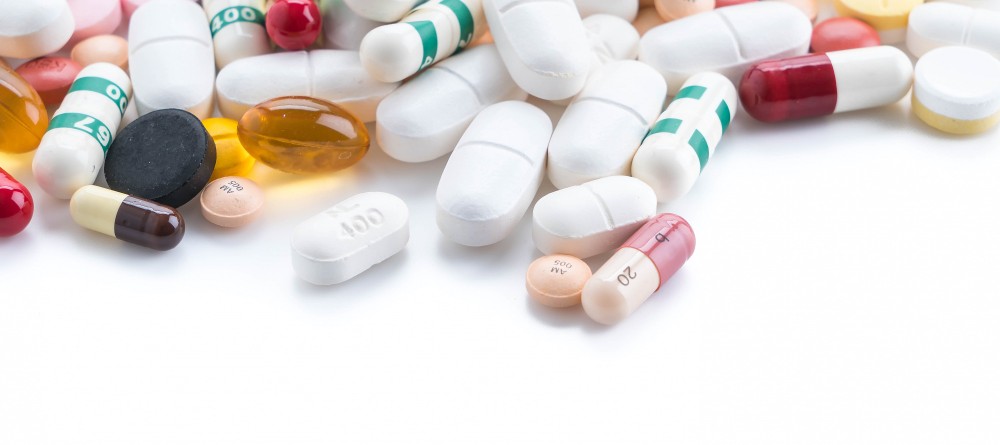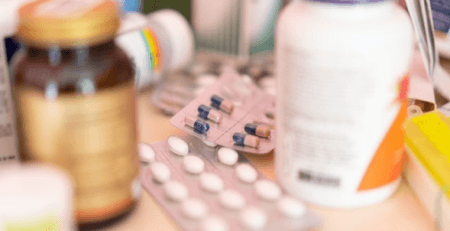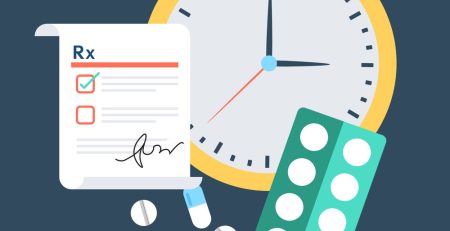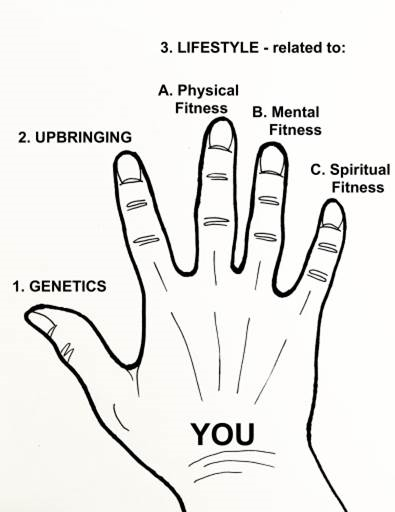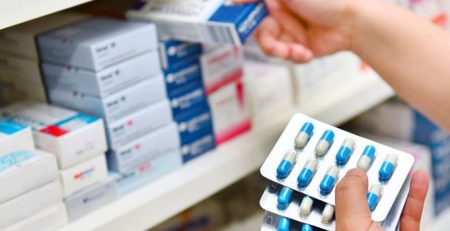Crushing Pills? Why Some Medications Should Stay Intact
Key Takeaways:
- Not all medications can be crushed, split, or chewed.
- Modifying certain medications can increase side effects or reduce effectiveness.
- Pills with modified-release forms or special coatings should remain whole.
- Hazardous medications and dissolvable forms should not be altered.
- Consult with your pharmacist before making any changes to your medication regimen.
Do you experience anxiety at the thought of swallowing a whole pill? You’re not alone. Many people struggle with swallowing tablets and capsules due to age, medical conditions, or a simple aversion to the size and taste of pills. While crushing, splitting, or chewing medications can make them easier to consume, it’s crucial to understand which medications should stay intact for safety and effectiveness.
Why Some Medications Should Not Be Crushed
Altering the form of certain medications can increase the risk of side effects or make the medication less effective. Let’s explore why specific medications must remain whole.
Modified-Release Dosage Forms
Modified-release (MR) medications are designed to release their active ingredients gradually, allowing for sustained effects and less frequent dosing compared to immediate-release (IR) medications. Crushing, splitting, or chewing MR pills can lead to the rapid release of the drug, causing potential overdose and increased side effects.
Common Modified-Release Medications:
- Acetaminophen ER (Tylenol 8HR)
- Oxycodone ER (OxyContin)
- Morphine sulfate ER (MS Contin)
- Zolpidem ER (Ambien CR)
Special Coatings
Some medications have special coatings to protect your stomach or to ensure the drug is released in the right part of your digestive system. For instance, enteric-coated (EC) pills are designed to pass through the stomach intact and dissolve in the small intestine.
Common Medications with Special Coatings:
- Aspirin EC (Ecotrin)
- Diclofenac/misoprostol (Arthrotec)
- Alendronate (Fosamax)
Hazardous Medications
Hazardous medications, often used in cancer treatment, pose significant risks if crushed, split, or chewed. The powder from these medications can be harmful if inhaled or come into contact with skin. Only trained healthcare professionals should handle these drugs.
Common Hazardous Medications:
- Capecitabine (Xeloda)
- Methotrexate
- Lenalidomide (Revlimid)
- Tamoxifen (Soltamox)
Dissolvable Dosage Forms
Medications designed to dissolve in the mouth or under the tongue should not be altered. These forms often enhance drug absorption or are used for convenience.
Common Dissolvable Medications:
- Etravirine (Intelence)
- Glecaprevir/pibrentasvir (Mavyret)
- Aprepitant (Emend)
Special Technologies
Medications utilizing advanced technologies like amorphous solid dispersion or nanocrystal technology require their structure to remain intact for proper absorption.
Capsules
Capsules containing powders, pellets, or liquids should generally not be crushed or chewed. While some capsules can be opened and their contents sprinkled on soft foods, this is not universally applicable.
Capsules That Can Be Opened:
- Omeprazole (Prilosec)
- Lansoprazole (Prevacid)
- Dextroamphetamine/amphetamine ER (Adderall XR)
Practical Tips for Medication Intake
If you struggle with swallowing pills, consider the following alternatives and strategies:
- Alternative Dosage Forms: Look for liquids, chewable tablets, dissolvable tablets, or suppositories.
- Swallowing Techniques: Use a full glass of water, try the pop-bottle method, or use a pill coating device.
- Splitting or Crushing Tools: Invest in a high-quality tablet cutter or crusher if your medication is safe to modify.
Many medications must remain intact to ensure their effectiveness and safety. Before altering any medication, consult your pharmacist. They can provide guidance on whether a medication can be safely crushed, split, or chewed and suggest alternative dosage forms if necessary. Taking the right precautions will help you receive the full benefits of your treatment while minimizing risks.

